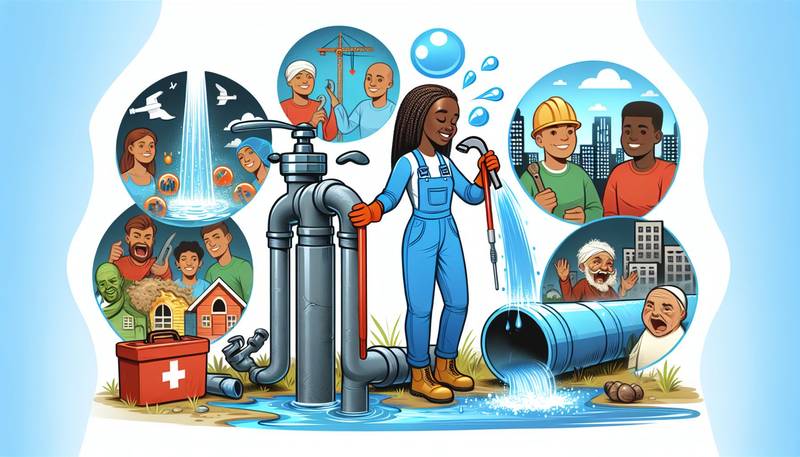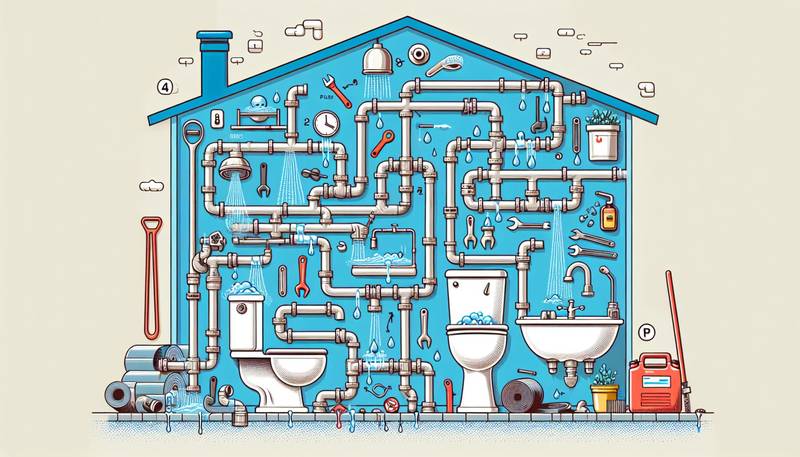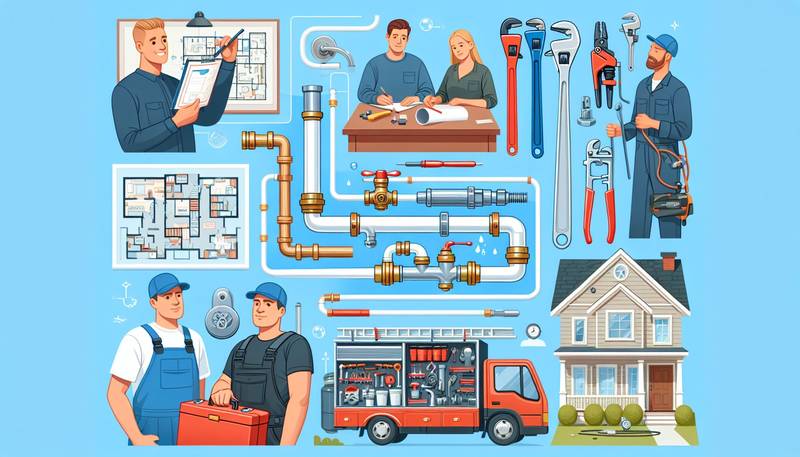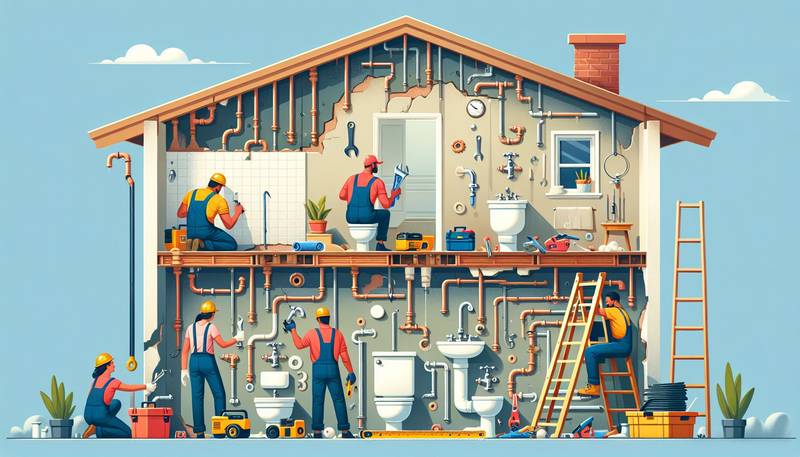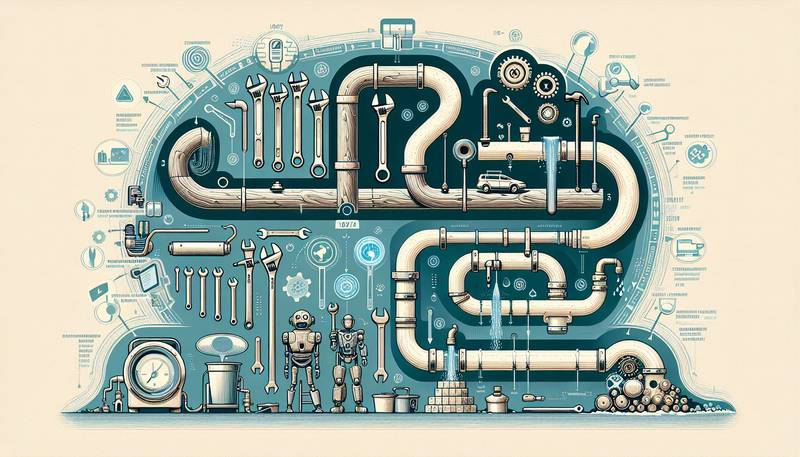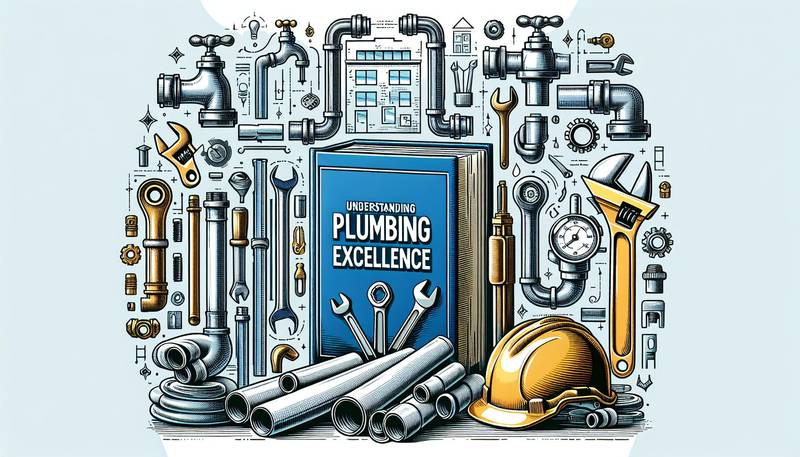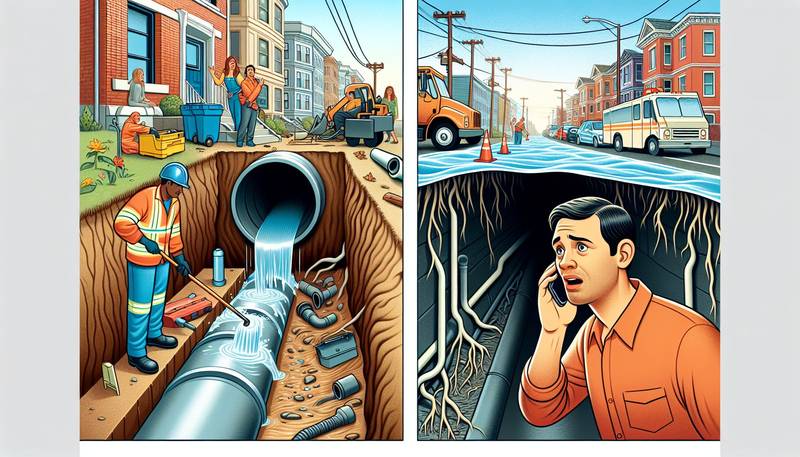The Impact of Plumbing Jobs on Public Health
Without skilled plumbers, society would face significant health risks from waterborne diseases, contamination, and poor hygiene practices.
Importance of Plumbing in Public Health
Plumbing systems are essential for providing access to clean water for drinking, cooking, and bathing. Proper plumbing installation and maintenance prevent waterborne diseases such as cholera, typhoid, and dysentery by ensuring that water is free from harmful bacteria, viruses, and contaminants. Inadequate plumbing infrastructure can lead to water leaks, pipe bursts, and water contamination, putting public health at risk.
Impact of Plumbing on Hygiene
Plumbers play a vital role in promoting good hygiene practices by ensuring that sanitation facilities, such as toilets and sewage systems, are functioning properly. Proper sanitation is essential for preventing the spread of infectious diseases and maintaining public health standards. Plumbers are responsible for installing, repairing, and maintaining sewage systems to prevent sewage backups, leaks, and contamination of the environment.
Preventing Water Contamination
One of the primary roles of plumbers is to prevent water contamination by ensuring that drinking water systems are properly installed and maintained. Plumbers are trained to detect and repair plumbing issues that can lead to water contamination, such as leaky pipes, backflow, and cross-connections. By adhering to strict standards and regulations, plumbers help safeguard the quality of drinking water and protect public health.
Ensuring Proper Drainage and Wastewater Disposal
Proper drainage and wastewater disposal are essential for preventing the spread of diseases and maintaining a clean and healthy environment. Plumbers design, install, and maintain drainage systems to ensure the proper disposal of wastewater and sewage. Without adequate plumbing infrastructure, wastewater can accumulate, leading to flooding, mold growth, and the breeding of disease-carrying pests.
Role of Plumbers in Disease Prevention
Plumbers play a critical role in disease prevention by maintaining sanitary conditions and preventing the spread of infectious diseases. By ensuring that plumbing systems are functioning properly, plumbers help minimize the risk of waterborne illnesses, respiratory infections, and other health hazards. Regular maintenance of plumbing systems is essential for identifying and addressing potential health risks before they escalate into major public health crises.
Conclusion
In conclusion, plumbing jobs have a significant impact on public health by ensuring the safe supply of clean water, promoting good hygiene practices, preventing water contamination, and maintaining proper drainage and wastewater disposal. Skilled plumbers play a crucial role in disease prevention and public health protection by upholding sanitation standards and regulatory requirements. Investing in plumbing infrastructure and providing training and resources for plumbers are essential for safeguarding public health and ensuring a safe and healthy environment for all.
